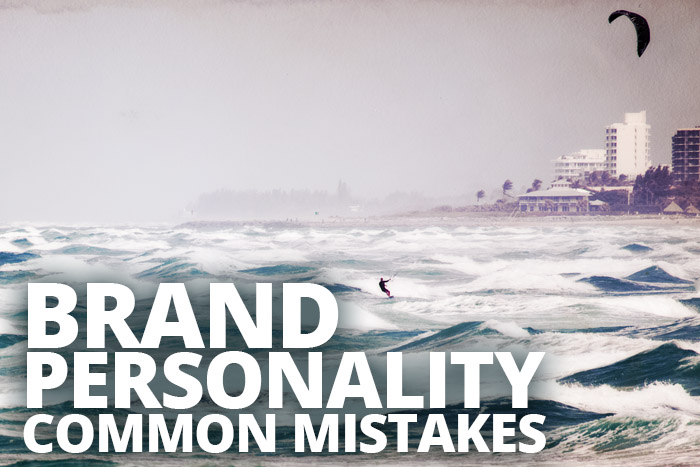The two most common mistakes that brands make, by not defining their brand personality, are
1) Brands lose their uniqueness
Local car dealerships are notorious for this. One dealer says they have the best price, service, and selection around. The next dealership says they have even-better prices, services, and selection. Soon, all of the dealers are saying the same thing.
Then, it becomes a battle to say it louder, and more often, than everyone else.
The consumer is the one that gets lost. They don’t see a benefit to any of the dealerships because they all say the same thing, the same way.
There is no differentiation.
No one starts a new business wanting to be just like everyone else; without a codified brand identity, most brands unknowingly slip into obscurity despite their original intentions.
2) Brands respond poorly to their competitor’s claims
The brands that build brand equity the best know how that the best reply to your competitors claims is to be more of who you are.
Look at Apple, as an example. After months of Samsung ads depicting Apple customers as blind sheep who don’t know that a better product has already existed for months, Apple responds with their Christmas ad, called “Misunderstood”. By the time the ad ends the audience knows that it isn’t screen size, processor speed, or placement of the headphone jack that makes the iPhone amazing; it’s what you can do with it.
Apple knows very well who they are. That dictated their response.



